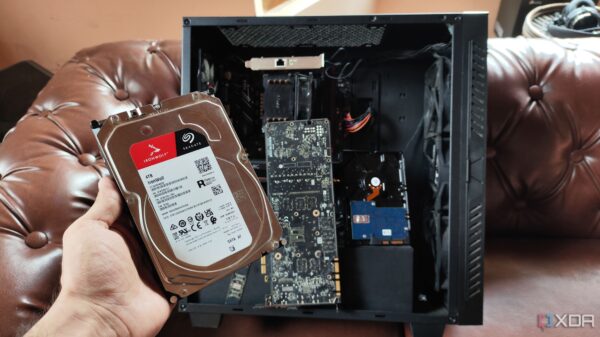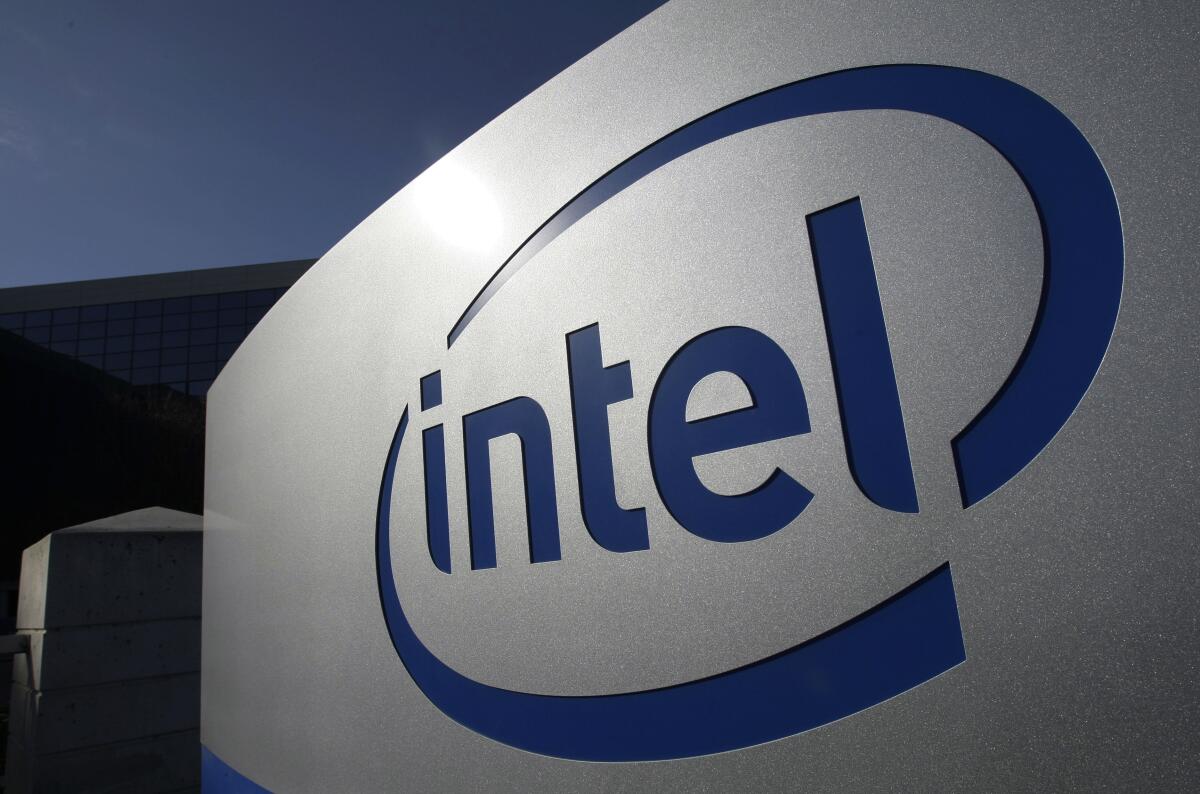UPDATE: Controversy erupts over President Donald Trump’s recent decision to secure a 10% stake in Intel, raising alarms about the implications for taxpayers. Critics are labeling the transaction a “compulsory investment scheme,” questioning whether it represents a shift toward socialism in U.S. economic policy.
As of August 22, 2023, the debate intensified over Trump’s business acumen and the potential fallout from this unprecedented government investment. Many are concerned that if Intel falters, it will be taxpayers who bear the brunt of the loss, instead of private investors.
Arthur Kraus from Venice expressed his apprehension in a letter to the editor, emphasizing that “willing investors, not taxpayers, lose on failed businesses.” He warns that this could set a dangerous precedent where taxpayers are compelled to fund corporate bailouts.
Meanwhile, Michael Schaller from Temple City drew parallels to historical figures, stating, “the state must take control of the ‘commanding heights’ of the economy,” a notion originally proposed by Vladimir Lenin. Schaller criticizes Trump’s accusations against Democrats as “communists,” suggesting that this move reflects a contradiction in his own policies.
The implications of this transaction are significant. With taxpayers’ money potentially on the line, many are questioning the ethics of such a government stake in a private enterprise. The urgency of this situation cannot be understated, as citizens await clarity on how their funds will be managed and protected.
As the public discourse evolves, observers are keenly watching for any official statements regarding the long-term strategy for this investment and what it may mean for the future of corporate governance in America. Will this mark a shift in how government interacts with major corporations?
Stay tuned as we follow these developments closely. The stakes are high, and the conversation is just beginning.



































































